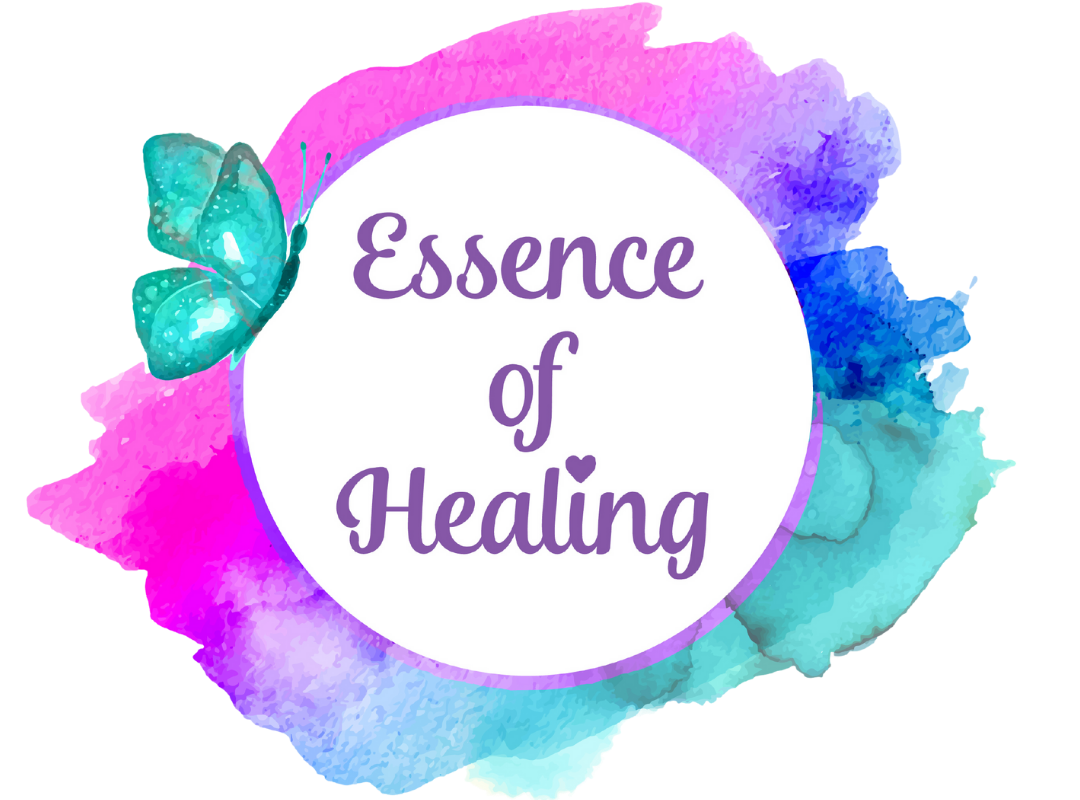How to Have Intimate Conversations in Your Relationships
Intimacy in a healthy relationship starts with the way you communicate, so let’s unpack the layers of language and love to get in touch with your relationship’s communication health today.
Before we get going, think about the ways that you assess your own intimacy and relationship with yourself. Then, apply some of those ways to your other intimate relationships. We’ll start with a question: when you consider your emotional well-being and connection with yourself, what factors come to mind? I’ve got three that stick out to me.
The Three C’s in Relationships
Needs in relationships work in a similar hierarchy to the way our personal needs work. We start with some foundational building blocks from which we can establish more intricate relationships that are unique to the people and experiences that exist within them. In order to begin meeting those needs, it’s important to get a handle on the three c’s that will serve as the starting point.
Communication
There are many ways to communicate, and in relationships, all of them are important. Focusing on the right ways to understand and respond to your partner(s) when you communicate is key to intimacy. Communication is as much the things you do as the way you move. It’s the safety you share with your partner and the way you respond to their thoughts and feelings on display. How you listen and speak to one another is critical to knowing yourselves, both as unique beings and as a partnered entity.
Spend some time with your partner(s) developing your communication style and building tools that are unique to your relationship. You can do that in relationship therapy, individual therapy, groups/classes, or through your own means—I’ve even seen folx build relationships using card games!
Compromise
One of the wonderful (and sometimes frustrating) things about communicating in relationships is that you learn where you don’t align. When you hit the parts of you that don’t fit flawlessly with the parts of them—and you will, that’s a fact—you gotta know what to do next.
Compromise is the golden ticket to conversations instead of arguments. In relationships with negotiated power dynamics, you may be well familiar with how compromise looks from discussions regarding your dynamic and discussing boundaries. In all relationships, these skills are an important part of knowing what you can change in your life, what you don’t need, and where you can flex to meet your partner(s) along the way.
Commitment
Even in casual encounters, commitment is a key part of building intimacy. That’s not to say you have to be committed to a lifetime together, or even to any length of time along the trajectory of the relationship. You do need to be committed to respect, honesty, and safety, though; and making sure you each share in what these things mean for you and the relationship, is just as important.
Commitment to a shared goal or idea about the relationship at this moment can help you figure out what commitment might look like in the long term. It’s a whole lot easier to establish communication health with someone who you know wants to show up in the same ways for you as you do for them.
Do you need a relationship check-up?
If you’re reading through these relationship building blocks and feeling like you might have missed a step along the way, I gotchu! Relationship check-ups are something that Dr. John Gottman developed in his multi-decade quest to learn everything he could about love, life, and doing both with your partner. I love using the Gottman Method Relationship check-ups to help partners check in with each other, themselves, and the style of their relationship to make sure everyone’s feeling good where they’re at.
But while you wait for that check-up (which can happen alongside or separate from relationship therapy), I’ve got a superpower to up your game starting right now.
Unlock your secret skill: Asking thoughtful questions
Sounds simple, right? A thoughtful question seeks an answer for emotional clarity, compassionate curiosity, and a desire to more deeply and truly understand the person you’re talking with.
When you tell a story, do you want people to ask socially acceptable and obvious questions? Or would you rather hear the shit they really want to know? If you’re like me, the answer is definitely the latter which is why asking thoughtful questions is the skill you need to change your relationship game moving forward.
The key to asking thoughtful questions is knowing they’re often the ones we think we cannot ask. Our partners want to know that we have listened to what they have said, as well as what they have not.
Before you ask a question, stop and ask yourself three:
Do I know why I want to know?
Is this something they (or I) will benefit from discussing?
Are my intentions good?
Then, be hella real about your answers. If you can say yes to all 3 with a clear conscience, ask your question!
Create your own communication checklist
Much like how you just used a checklist to formulate thoughtful questions, we can construct one together in relationship therapy unique to your relationship so you can have bigger, better, and more intimate conversations moving forward. No matter the structure of your intimacy or the number of partners you have, checking in and checking on one another is important.
Schedule your appointment or get in touch to talk about retreats for all relationship styles today. Your communication health will thank you!
Have a unique relationship structure and looking for support to have better conversations and healthier intimacy today? Learn more about me and what it means to be a kink-affirming and sex-positive therapist here.


